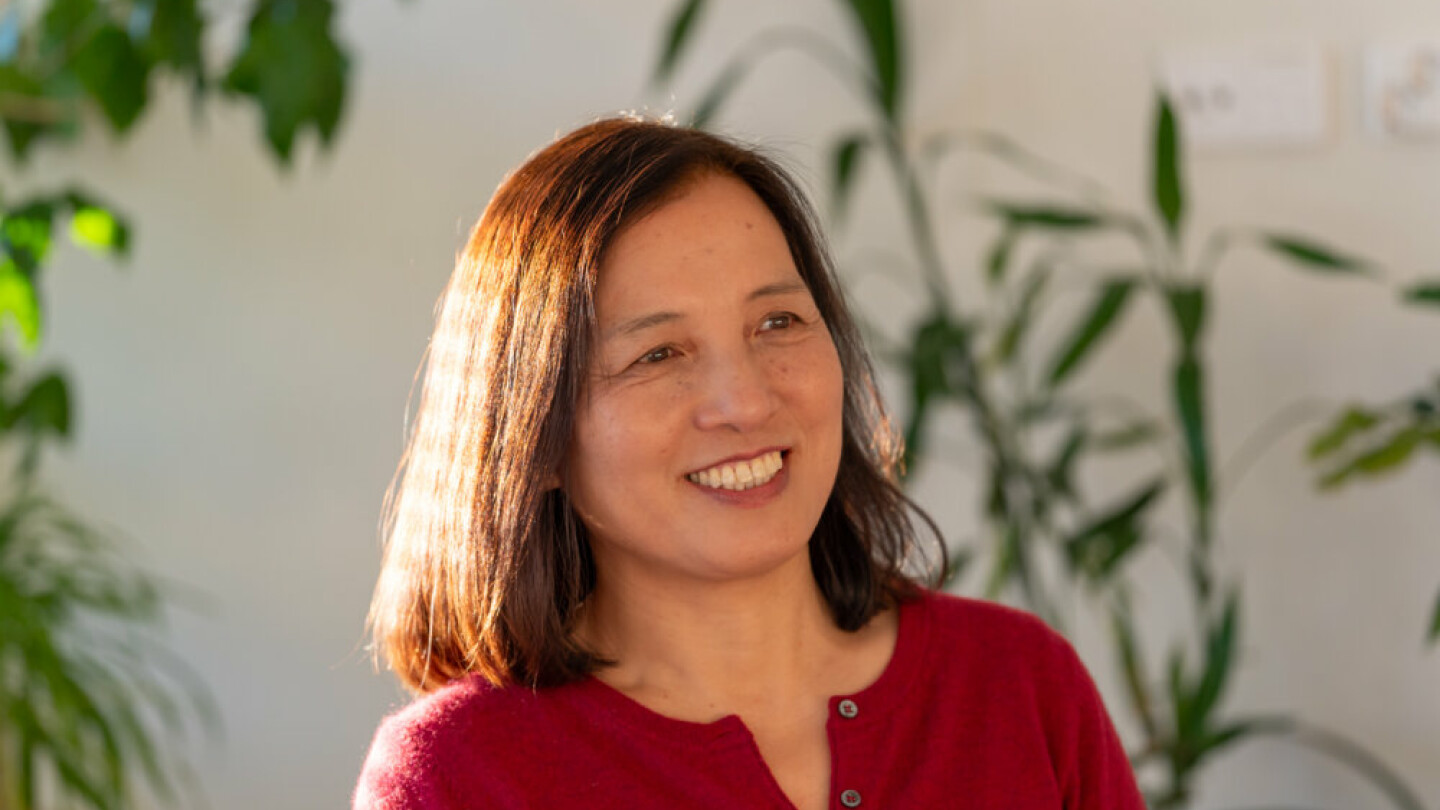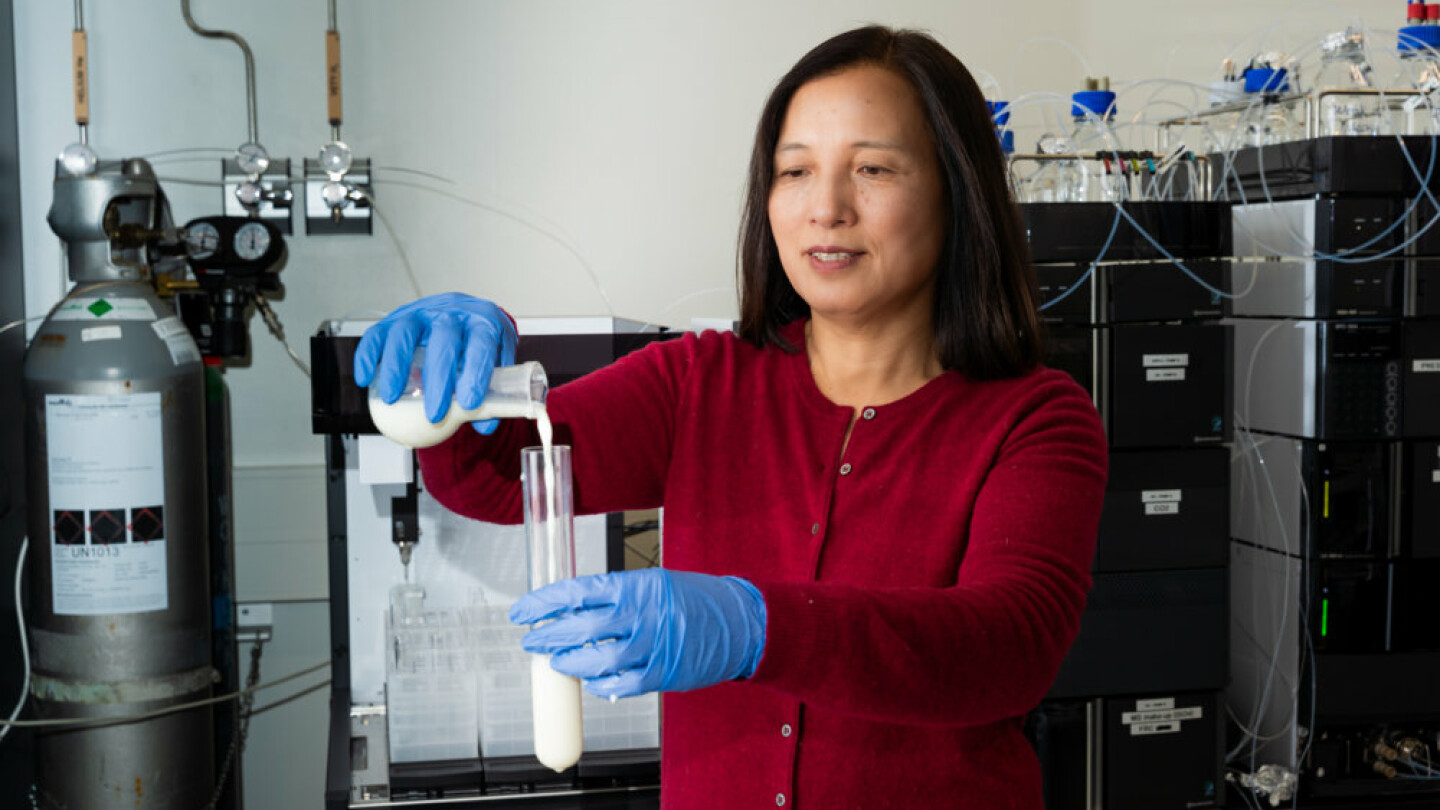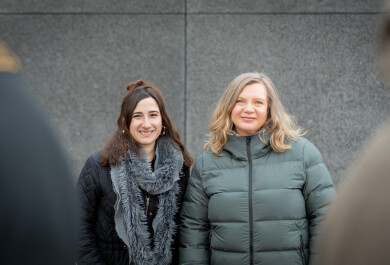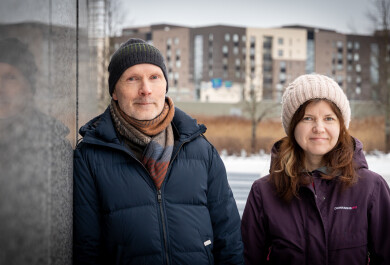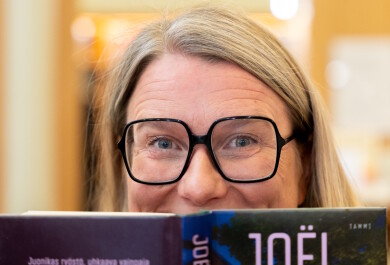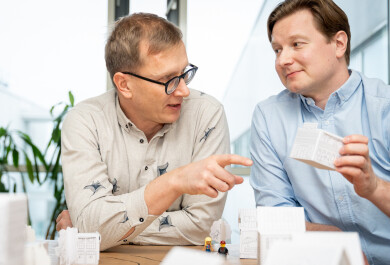How to respond to growing consumer expectations for ecological, plant-based or healthy food? How can societies ensure sustainable food production? Researchers are looking for solutions to questions that are rapidly transforming the entire food industry. The University of Turku launches a new degree programme in food technology in the autumn to meet the growing demand for experts in the industry.
“A few decades ago, food was just food,” laughs Professor of Food Sciences Baoru Yang.
“The issues and trends that are now reshaping the entire food industry were not very visible at the time. Now, the impact of climate change on food production and the growing consumer expectations for ecologically produced, plant-based and healthy food require major changes to our entire food system,” says Yang.
When Yang came to the University of Turku in the late 1990s, the research of the unit was focused on Nordic food, such as Finnish berries and fish. Researchers are still studying the same foods, but using modern instruments and taking advantages of more powerful technologies. Also, the global trends and developments in the food sector have a strong impact on their work.
“For instance, we studied herring already in the 1960s and we still study herring today, but the research questions are much broader now. Before, we focused mainly on the oil composition. Now, we are also looking at the role of herring as a source of protein for human consumption, and how fish processing can be developed to improve quality and enable the industry to produce products with high added-value and to make more efficient use of the catch. Environmental sustainability also plays a major role in research and innovation,” explains Yang.
Research topics have diversified, but understanding the composition of food remains key to research and innovation. The long-term research has also paid off.
“We are looking for the compounds and molecules behind the quality of food. Technology has come a long way and we are now able to analyse food quality with a completely different level of accuracy and efficiency than was possible at the beginning of my career. The strength of the Food Sciences unit of the University of Turku is the in-depth understanding of the link between food quality and composition. Our aim is to better understand what factors influence the taste, smell, appearance or healthiness of food. This is important in order to select the best raw materials, to optimise the appropriate processing method, and to make efficient use of resources,” explains Yang.
"The sustainability of food systems and food security have become increasingly important issues worldwide."
– Baoru Yang
Advanced analytical methods are needed to identify the molecules behind food quality factors, both in basic research and in the food industry for product development.
Researchers of the University of Turku have developed methods that enable accurate identification and analysis of molecules in complex samples and large data sets. According to Yang, these methods can be applied to a wide range of questions related to studying food composition and even metabolism in humans.
“The new method our research group has developed for analysing the composition of fat molecules may change the way we define the origin and quality of fats and oils. The method could also be applied to the study of structural changes in fat molecules in the human body. There are promising observations that in the future the method could even be used to study metabolic and health status,” says Yang.
What would be a sustainable model for Finland’s own food system?
In addition to Finnish berries and fish, over the years the scope of research has been extended to cover other Nordic food resources, such as oats, potatoes, and legumes as sustainable source of proteins, dietary fibres, and bioactive compounds. Although almost all food research in Finland is related to Nordic foods in one way or another, the University of Turku stands out.
“The impact of Nordic growing conditions on food quality has been the subject of comparative research for decades. We have studied the composition and quality of berries grown in southern and northern Finland and have been able to show that northern growing conditions increase the level of defence compounds in plants that actually make the food healthier and tastier,” says Yang.
“This information is essential when considering what is worth growing in Finland or what kinds of strengths can be developed for export products."
"It is important that we develop our own food system so that we can find solutions that are both environmentally sustainable and best for local producers and consumers."
– Baoru Yang
Nordic growing conditions and ingredients are increasingly connected to global food chains.
“The sustainability of food systems and food security have become increasingly important issues worldwide. Growing conditions are changing and the risk of food production disasters is increasing across the world. Countries in the far north, like Finland, are likely to play an increasingly important role as food producers in the future,” notes Yang.
Nordic food research helps us to tackle the important questions in the development of Nordic solutions for a sustainable food system. What food can we grow to produce the most abundant and nutritious harvest possible without overusing natural resources? How can we process food in the most sustainable and healthy way?
“Healthy and tasty wild berries have been considered an important export product for us, but we need to be aware of the limits to avoid causing damage to nature,” explains Yang.
“It is important that we develop our own food system so that we can find solutions that are both environmentally sustainable and best for local producers and consumers. In this sense, our research serves society as a whole,” she emphasises.
New degree programme in food technology launched in the autumn 2024
Mitigating climate change requires innovation and reform across the food system. To meet the new challenges, the need for experts in the industry is growing.
The University of Turku is launching a new degree programme in food technology in autumn 2024. This new programme in the Faculty of Technology is taught in Finnish and includes both bachelor’s and master’s degrees in technology.
“The new degree programme was established to meet the industry’s growing demand for expertise. At the same time, it makes it easier for students to enter the industry, as they can find their preferred field of study already at the application stage. Furthermore, we get motivated students who are interested in food sciences and technology in particular,” enthuses Yang.
Up to now, students have been able to study food sciences at the University of Turku in the advanced level in food chemistry and food development after completing a bachelor’s degree in biochemistry or biotechnology, and in the highly popular international Master’s Degree Programme in Food Development.
The new degree programme will focus on food sciences and technology from the bachelor’s degree studies onwards, enabling the University to deepen and broaden the education in this field.
“The curriculum will be expanded to increase the emphasis on technologies and innovation. We will also involve students in real-life research and development projects, where they get to study, for example, how the fat composition of milk affects the body's metabolism, how plant proteins or algae can be used to produce tasty food, or how to get added value from cereal side streams,” promises Yang.
The new degree programme will diversify the skills of graduates and also increase the number of experts entering the industry with knowledge and skills to tackle global challenges.
“This is a significant contribution from the University of Turku to the food industry. Southwest Finland is home to a large part of Finland's food export industry, so the programme will have a significant impact on the region. Companies have thanked the University for responding to the needs of a changing industry,” says Yang.
Text: Liisa Reunanen
Photos: Hanna Oksanen
Translation: Saara Yli-Kauhaluoma

